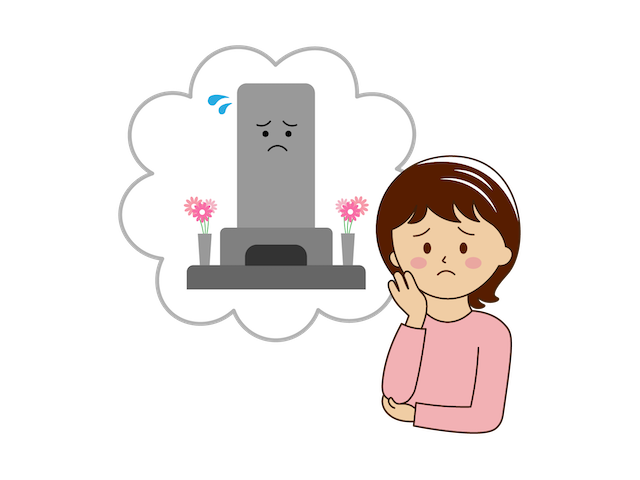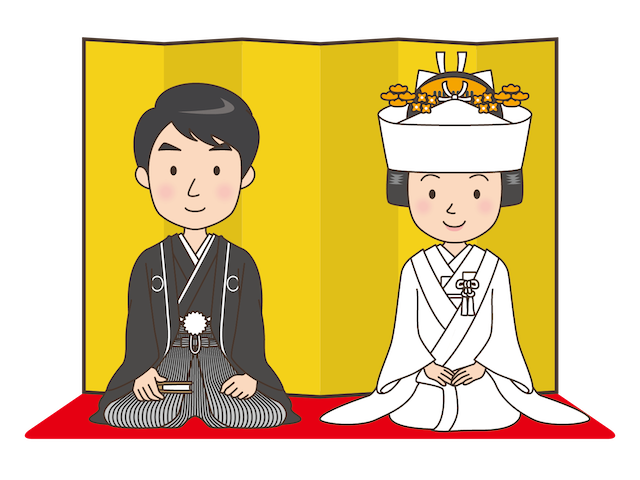The Reality: 95% of Couples Choose the Man’s Surname
Names play an important role in a person’s identity. In Japan, the family name (surname) comes first, followed by the individual’s given name. Usually, the name consists of a surname and a given name, with middle names rarely used. Although this order has long been reversed in English contexts to follow Western conventions, there is a recent movement to revert to the original Japanese order, which can be confusing for foreigners. Refer to the blog.
It is said that there are nearly 300,000 different surnames in Japan, an unmatched phenomenon globally. The most common surname is Sato, followed by Suzuki, Takahashi, Tanaka, and Ito. Naturally, a child born into a family inherits that family’s surname. The issue arises when considering what happens to surnames upon marriage. The current Civil Code (revised in 1947) stipulates that married couples must choose one surname. Given the post-war constitution’s emphasis on gender equality, there is no mandate to adopt the husband’s surname. However, the requirement for couples to share the same surname suggests that marriage is still viewed as a means to uphold traditional family continuity rather than an individual partnership.
In practice, about 95% of couples choose the husband’s surname, according to 2022 data. This is not enforced by law, so why has this tradition remained so strong?
Despite these numbers, the dynamics of family and gender roles are changing dramatically:
- Highly educated women want to continue their careers after marriage, and changing their surname can be a professional hindrance. < In 2021, 54.3% of male high school graduates and 51.6% of female high school graduates advanced to four-year universities (undergraduate programs), with the percentage of males exceeding that of females. Additionally, 7.3% of female graduates advanced to junior colleges, making the overall advancement rate for females higher than that for males.>
- With declining birth rates, it is not uncommon for women to be the only child, creating a need to preserve their family name (and lineage) as well.
- Younger generations increasingly disregard traditional family continuity.
- Statistics showing that one in three couples divorce indicate that maintaining the same surname no longer guarantees family cohesion.
- Maintaining ancestral graves and traditional funeral practices has become challenging.



Given these changes, the persistence of 95% of couples adopting the husband’s surname is difficult to explain. Personally, I had my wife take my surname. Why? Probably to avoid the inconvenience of explaining our decision to follow the minority practice. In short, we conformed to the majority behavior in Japanese society.
Exploring the reason behind this 95% figure could uncover deeper insights into contemporary Japanese society.
Currently, there is an ongoing debate about legal reforms to allow for optional separate surnames for married couples. As family dynamics and gender roles evolve, some argue that the law should adapt to allow different surnames. Others contend that allowing separate surnames would further weaken family bonds. This debate has yet to result in legal reform.

